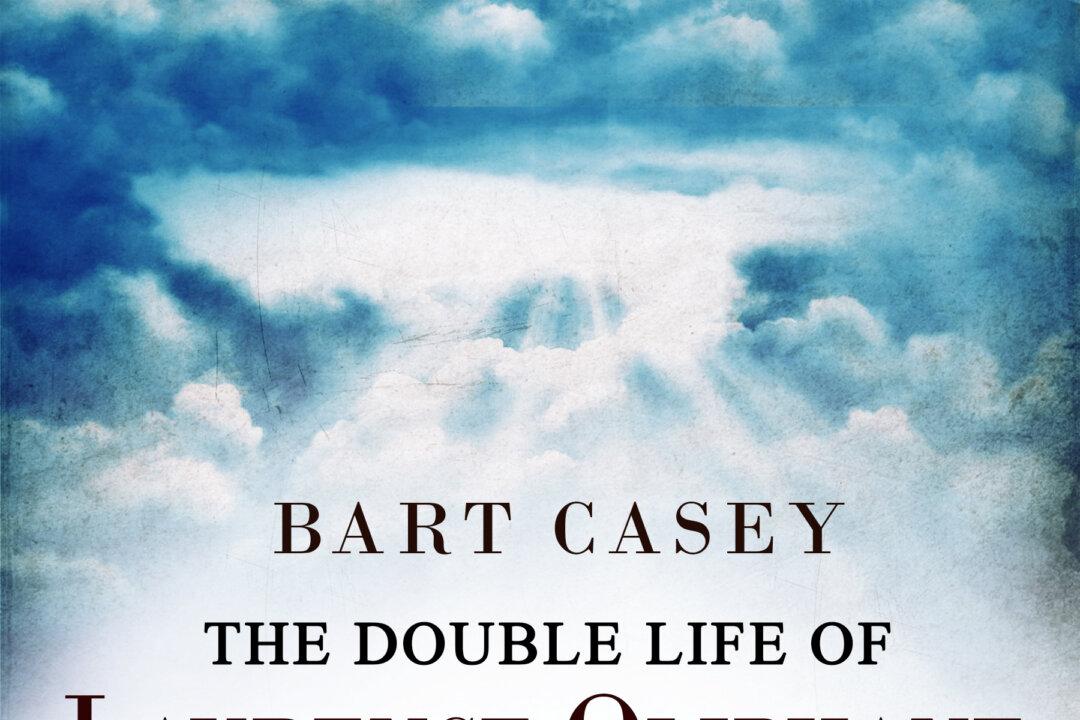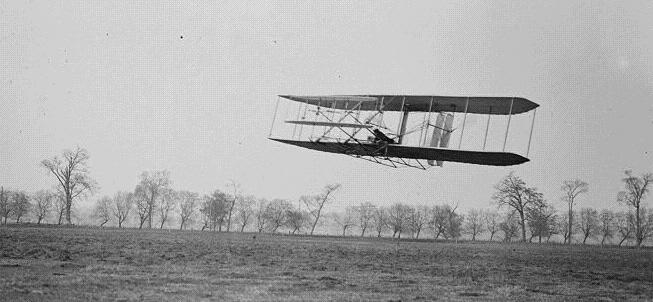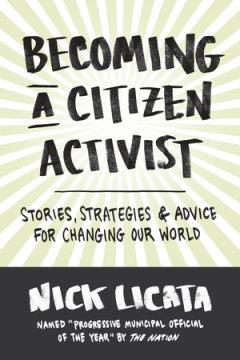Not your typical biography, “The Double Life” is a quirky book about a man who lived a life laced with adventure, high social standing, literary success, and participation in a bizarre cult.
Casey describes this Scottish aristocrat as leading a double life—politically and spiritually. It is not often that these two spheres coincide, but through his lifetime of experience, Laurence Oliphant is able to blend his two diverse lives into one unified purpose.
Oliphant’s spiritual side was cultivated from a young age, as his parents engaged him in a constant religious dialogue in which he was challenged to honestly analyze his moral life. In return, his parents were equally honest in sharing their own spiritual struggles.
“Indeed from about Laurence’s age of 10, both parents always spoke with him as an equal, no doubt imparting a good deal of added confidence to their already precocious son,” Casey writes.







